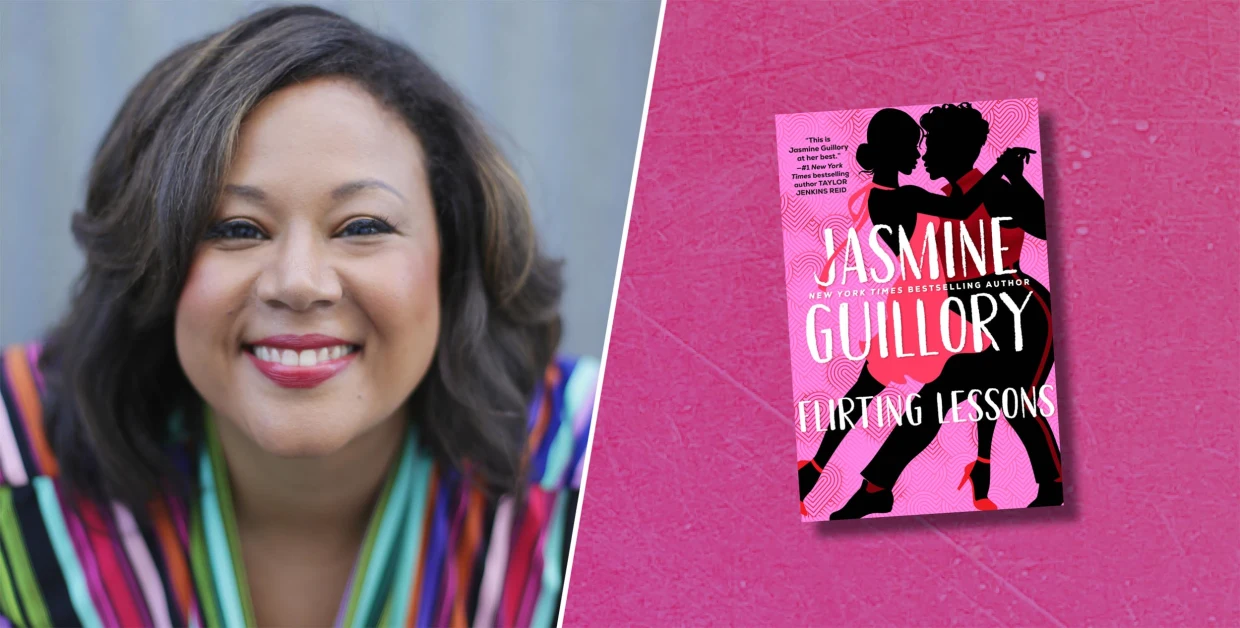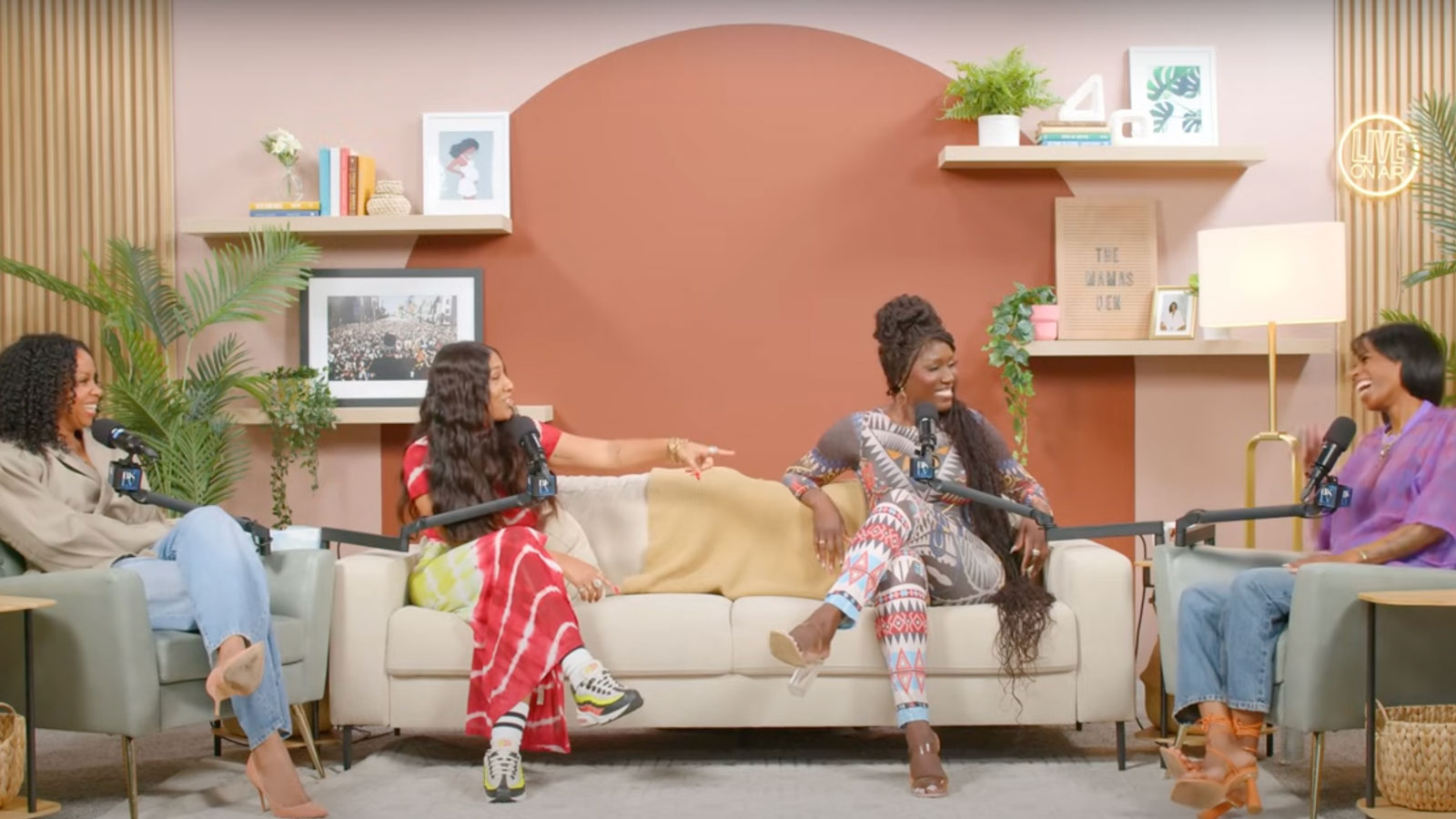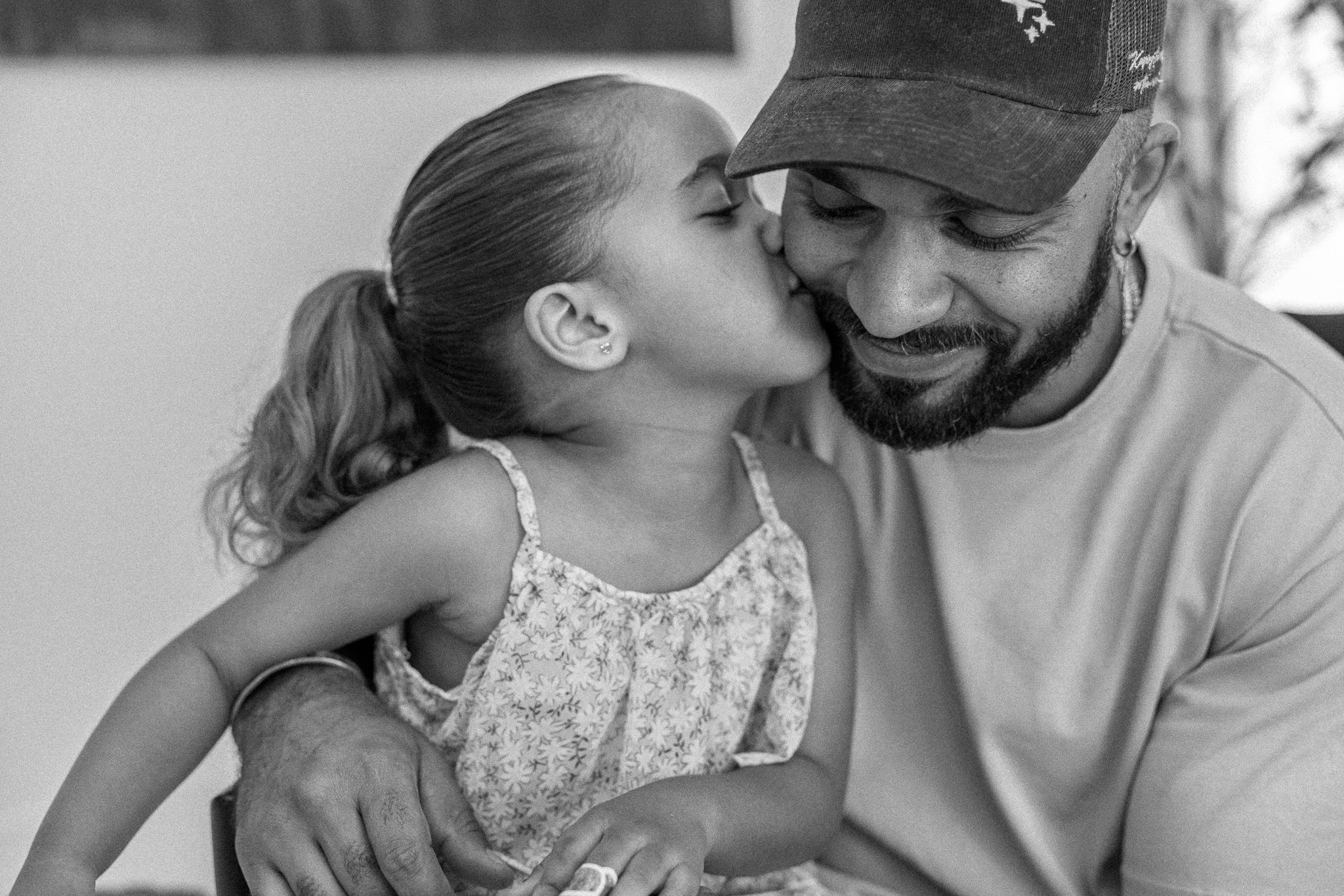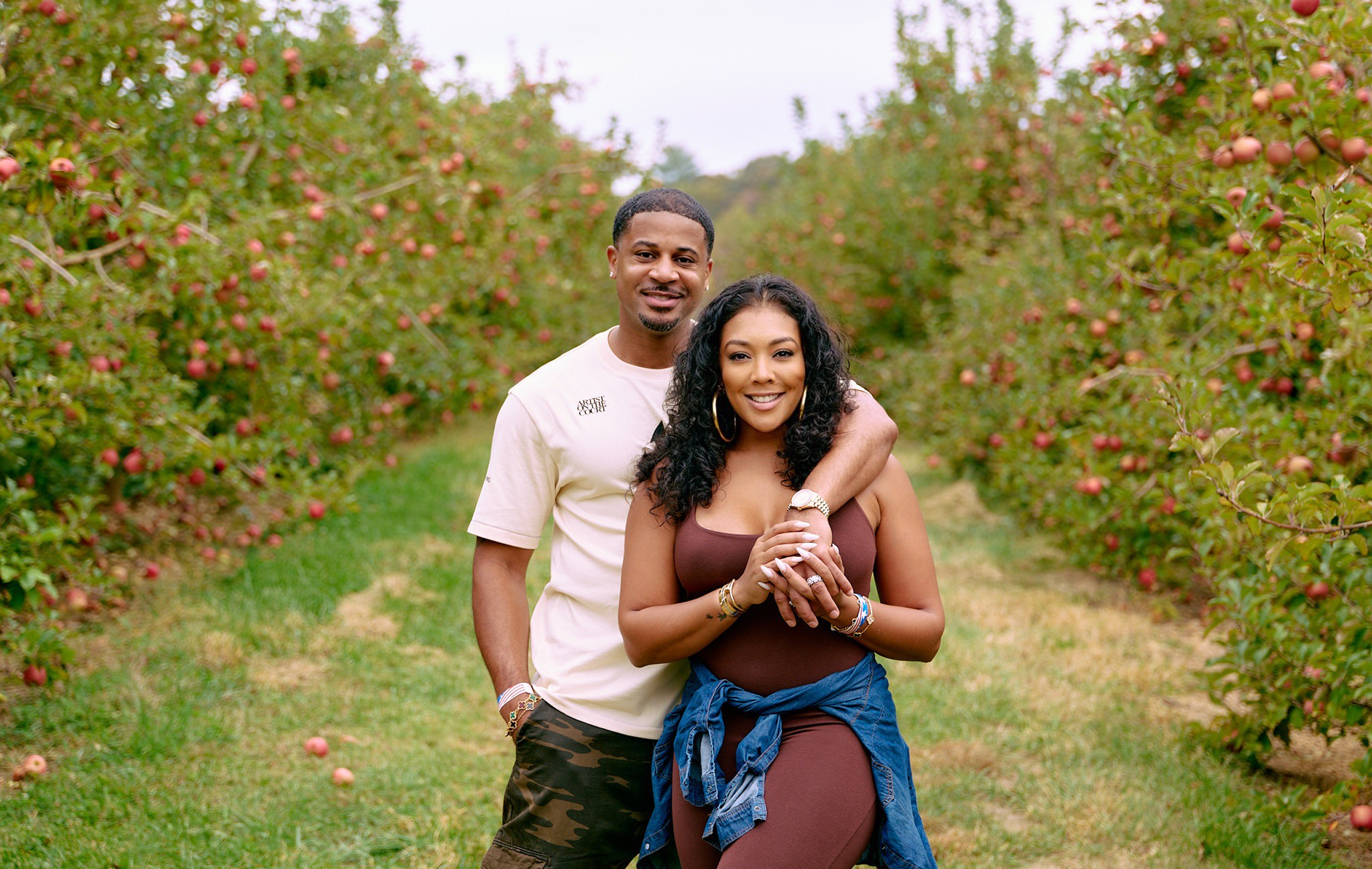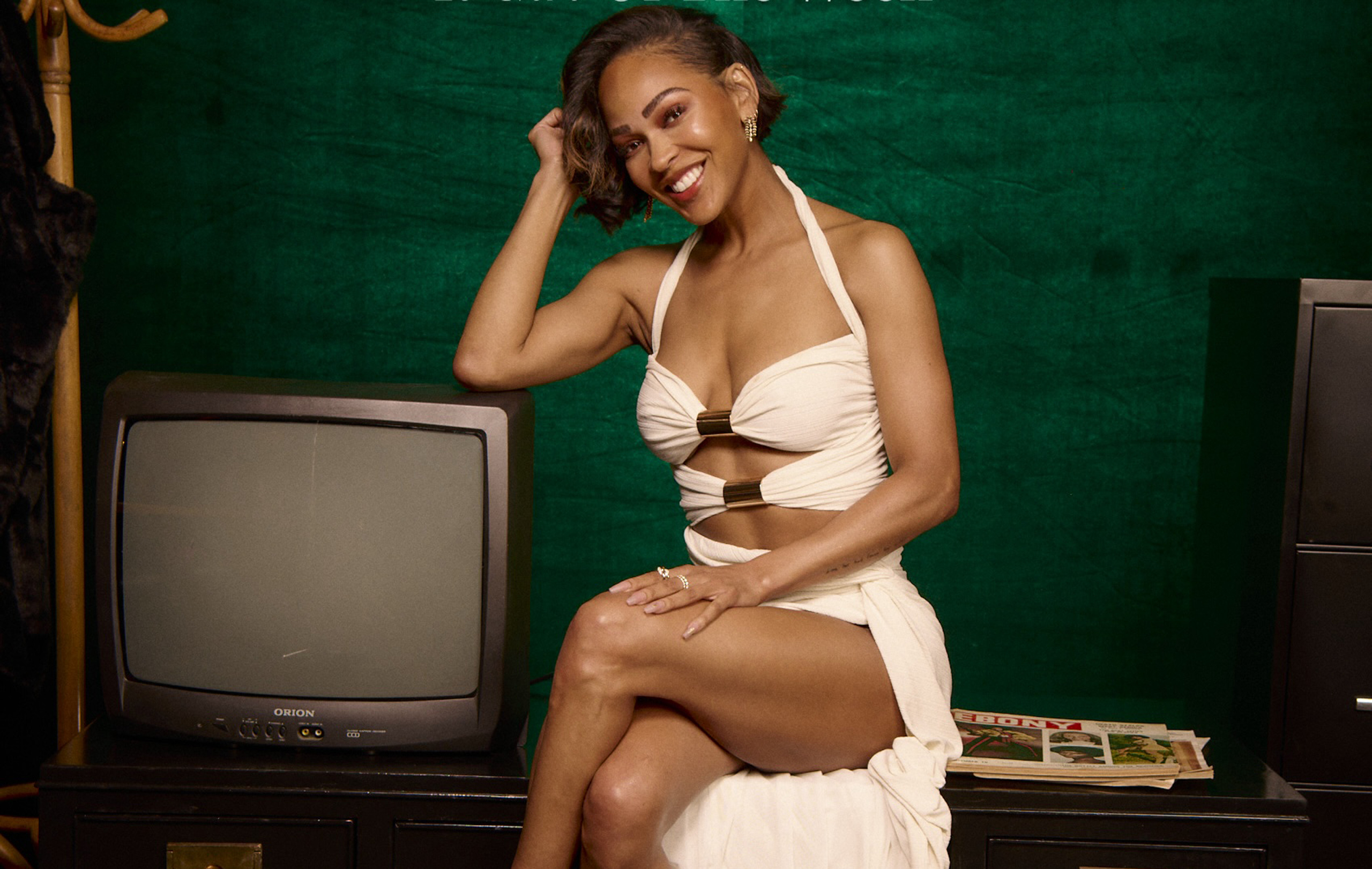
lolodanis
Courtesy of @lolodanis

Courtesy image
Whether you’re new to the dating scene or a seasoned vet, The Art of Dating is something to consider especially when venturing into the world of digital dating. Our friends over at BLK were excited to partner with us in expanding the conversation around The Art of Dating.
Resident Black Love dating expert, Kamali Minter, has shared tips on how to check-in with yourself once you’re on the scene to make sure that the connections that you’re making are fun, fresh, and not fraudulent. Being prepared and transparent on your dates is half of the battle and it all starts with you knowing and understanding your intentions and making sure to align with the person on the other side of the dinner table. See how to vet a potential love connection by checking in with yourself below.
You can vet potential connections by checking in with yourself about how the interactions feel on three levels:
PHYSICAL
Do I feel comfortable? Is this pleasurable?
EMOTIONAL
Can I share real feeling and needs? Am I being heard? Are my boundaries being respected?
FUNCTIONAL
Do we have the same relationship desires? Is there good communication? Is the level of attraction mutual?
Self love and healthy boundaries help us establish a ground of emotional safety inside ourselves that allows us to be more open to the process of dating and resilient in the face of rejection or disappointment.

Courtesy of @lolodanis
We may be in a space where we are good with who we are and feel worthy of being loved but just can’t seem to find someone who lives up to our standards, leaving us in a loop of being the one doing a lot of rejecting and moving on.
It’s good to have a list of qualities and values that are most important to us in a partner, to have a sense of what our deal breakers and total turn-offs are, and to know what we need from a partner to feel safe, supported, and appreciated.
But this is very different than ending a connection anytime they do or say something that you don’t like — or something more interesting shows up.
“I do think that online dating made me substantially less willing to commit to one person…If I was on a date with someone and they annoyed me, I would just turn around and text somebody else, just because I could. It started to make me scared that I couldn’t commit to a person,” Ashley confesses.
The grass being greener is a challenge in any dating situation.
The grass being greener is a challenge in any dating situation. But it is amplified with the online dating culture of swiping onto the next. This encourages an attitude of “shop n’ drop.”
In a culture of instant gratification and entitlement, we tend to want what we want, when we want it, which can lead to a lot of snap judgments and broken connections.
You don’t like someone chewing with their mouth open or being a bad tipper, someone who is shorter or lives with a parent. Sometimes even race can eliminate potential matches.
Which may be why many Black women feel unfairly disadvantaged in the online dating world, where cultural standards of beauty and stigmas about who Black women are often place them low on the preference list.
“(What do you mean) nobody likes Black women? That is so not true. We are all golden right now and everybody is trying to be down. We are all queens of the universe and magical and lovely and smell like deliciousness and coconuts…That’s been my perspective, thank goodness, because if I focused too much on anything else, I would have given up by now,” says Ailia.
Compassion for ourselves and others is a key relationship ingredient to bring to our online dating experiences.
When an emotional reaction or judgment arises in the exploration process, pause and take three deep breaths into your heart. Notice where the source of the reaction is coming from. What can you learn about yourself here?
Have your standards, but beware of snap judgments based on looks, personality quirks, or temporary circumstances. And be willing to look a little longer and deeper at what’s in front of you.
You don’t have to figure this stuff out on your own — get support!
Human relating is hard to do well; intimate relationships are even harder. And adding the challenges that come with online dating to the mix is enough to make anyone decide it’s easier to be single.
The tantric relationship work I teach is a great resource for mastering some of these things. But there all kinds of resources and ways to support your growth through this process.
Chrysta shares, “I have a sister support network in place to vent about these online dating experiences and have support from other people who are going through it… It’s really validating. So, the bad experiences I have become less about me and more about the system. It depersonalizes it.”
The process of dating is really a chance to get to know ourselves better and how we show up in romantic interactions.
It gives us a chance to see where we get attached and where we withhold, where we lose ourselves and where we discover parts we forgot were there.
It’s an opportunity to work with how we think and feel about ourselves and other people.

Courtesy of @ijeomaokola
It lets us practice being our unique selves and taking the risk of either being loved for it or rejected.
What allows a romantic relationship to weather the storms of life, while remaining healthy and loving, is the capacity that the people involved develop for self-awareness, self-reflection, listening, compassion, and willingness to grow and evolve.
These are things we can practice through the process of dating and relating. So, while online dating, instead of “looking for the one,” maybe look for ways every interaction can help you grow until “the one you are looking for is looking for you.”
And let us know how you’ve implemented any of these practices — we’d love to hear from you!
To get more into the Art of Dating with Kamali, check out Part 1.
Related Articles
Discover why Jasmine Guillory’s latest novel Flirting Lessons is a must-read—and how the author continues to redefine modern romance with layered Black heroines, real emotional depth, and Black literature that feel both magical and true.
Bozoma Saint John talks Black motherhood, grief, self-love, and finding joy again. Don’t miss her powerful conversation on building legacy and living boldly.
Tyler Lepley shows the beauty of Black fatherhood, blended family life with Miracle Watts, & raising his three children in this Father Noir spotlight.
Featured Articles
When Elitia and Cullen Mattox found each other, they decided that they wanted their new relationship together, their union, to be healthier and different.
Celebrate their marriage and partnership with the release of the documentary “Time II: Unfinished Business”
Our intent is to share love so that people can see, like love really conquers everything. Topics like marriage and finance, Black relationships and parenting.
The vision for our engagement shoot was to celebrate ourselves as a Young Power Couple with an upcoming wedding, celebrating our five year anniversary - glammed up and taking over New York.
Meagan Good and DeVon Franklin’s new relationships are a testament to healing, growth, and the belief that love can find you again when you least expect it.
HEY CHI-TOWN, who’s hungry?! In honor of #BlackBusinessMonth, we teamed up with @eatokratheapp, a Black-owned app designed to connect you with some of the best #BlackOwnedRestaurants in YOUR city – and this week, we’re highlighting some of Chicago’s best!

